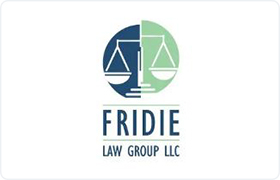Medford Child Support Lawyer, New Jersey
Sponsored Law Firm
-
 x
x

Click For More Info:
-
Fridie Law Group L.L.C.
101 Route 130 Suite 306, Madison Building Cinnaminson, NJ 08077» view mapDivorce & Family Law We Fight For Your Rights
Reach out to us today for legal help on your case. We're available for free consultations and return all calls and emails within 24 hours.
800-859-9690
Vincent L Robertson
Alimony & Spousal Support, Child Support, Farms, Divorce
Status: In Good Standing
Carol Fabietti
Adoption, Alimony & Spousal Support, Child Support, Children's Rights
Status: In Good Standing Licensed: 41 Years
 James Fridie Cinnaminson, NJ
James Fridie Cinnaminson, NJ Practice AreasExpertise
Practice AreasExpertise
